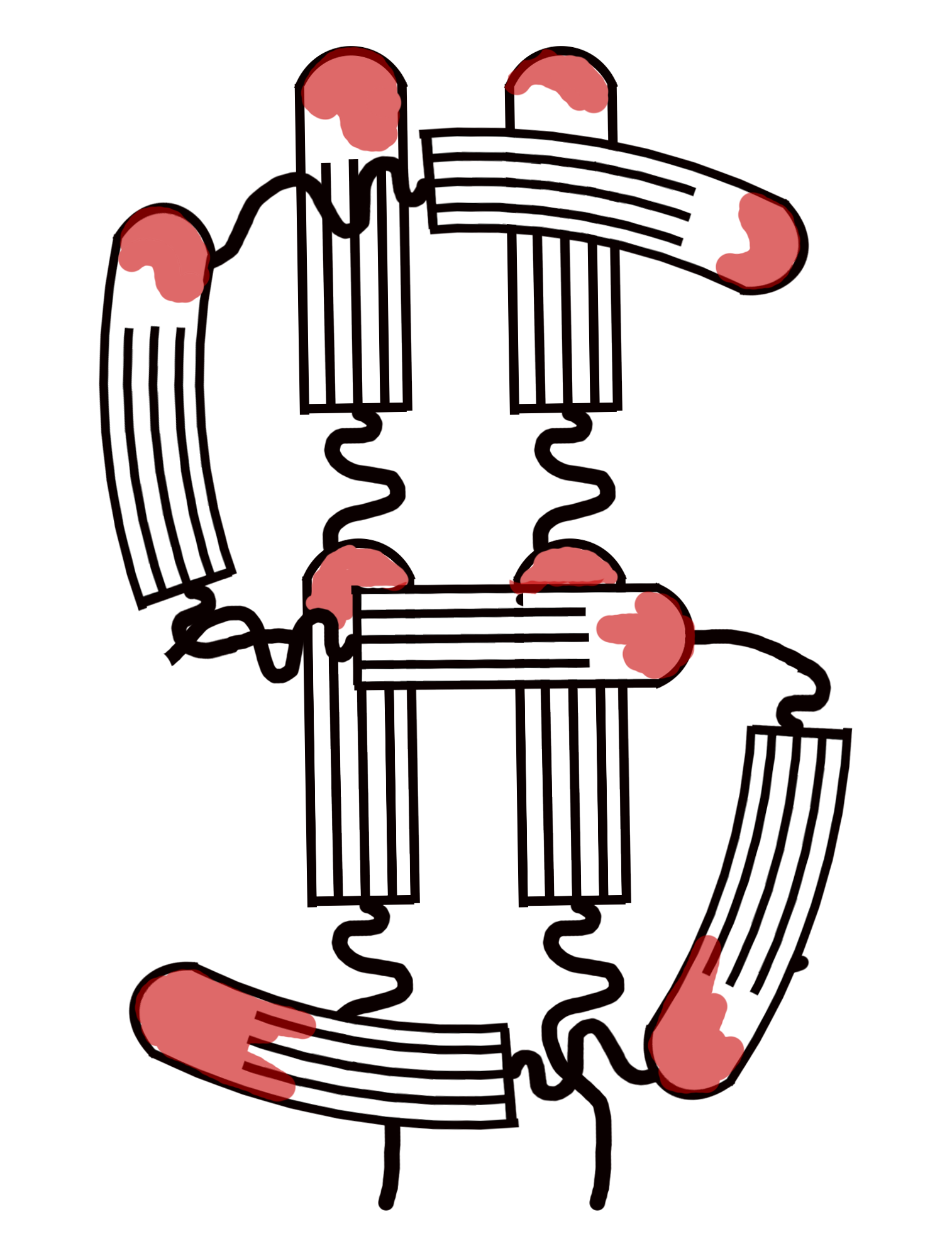Let’s talk about periods
The wind howls as the full moon creeps out from behind the clouds. A dark presence is awoken during this sacred time as the evil brews within the human species. Suddenly, women start to bleed from their uteruses and their minds become enraged with foul, demonic fantasies. They become unstable for about a week and all hell breaks loose.
Menstruation is often regarded in this light, painted as a savage and primitive burden that makes women seem weak and dirty. Here at The Concordian, we hope to combat this medieval narrative. Menstruation is a beautiful and natural process that should be celebrated instead of shunned.
Our university is making great strides regarding access to feminine hygiene products. The Arts and Science Federation of Associations (ASFA) recently proposed a plan to provide free feminine hygiene products in all member associations (MA) offices to students. According to our news team, this proposal includes purchasing an estimated $2,000 worth of products available for faculty and staff to access for free. From our understanding, the proposal will be decided upon in February. We see no reason why it shouldn’t be unanimously approved by voting members of ASFA.
Health Services have always provided free feminine hygiene products, but rumour has it that they can sometimes run out—meaning women are forced to make a quick trip to the local pharmacy.
The Concordian believes all women should have access to affordable menstrual products, because women shouldn’t have to shell out the big bucks for something completely natural out of their control. In July 2015, the federal government removed the GST (goods and services tax) and the HST (harmonized sales tax in applicable provinces) on tampons and other feminine hygiene products, according to the National Post.
Across the globe, the situation is more dire, however. For example, women in Iran don’t even have access to tampons because it’s believed they will rupture the hymen and destroy their virginity, according to an article in Women’s Health. This means they have to use pieces of cloth and diapers to absorb the blood considering pads are difficult to come by. The subject is so taboo that women can’t even publically discuss the topic without getting in trouble with the religious police, according to the same article.
In Latin America, specifically in countries such as Argentina and Venezuela, the economic instability—mainly the depreciation of their currencies—has triggered a mass shortage of goods, especially tampons and other feminine hygiene products. This means women must resort to buying these goods on the black market for a highly inflated price, according to The Guardian. If the shops do get a shipment of tampons, women normally have to queue on the street for several hours just to purchase a small box, which is also at a highly inflated price, according to the same article.
And don’t even get us started on the male reaction towards menstruation. How many times have you told a dude you were on your period and suddenly he made a series of judgements and observations about you? Maybe the person said “oh, well that explains why you’ve been so moody lately,” or, “too much information, I don’t need to hear about that.”
Women have been getting their period since the beginning of time—why should this be a subject that makes a lot of men uncomfortable?
We applaud ASFA for working towards making female hygiene products more accessible to all students, and breaking away from the stigma that periods cannot be openly discussed.
Graphic by Florence Yee




